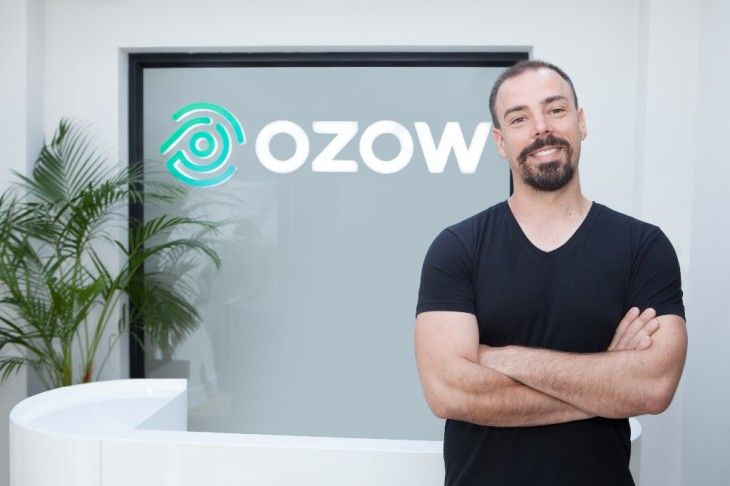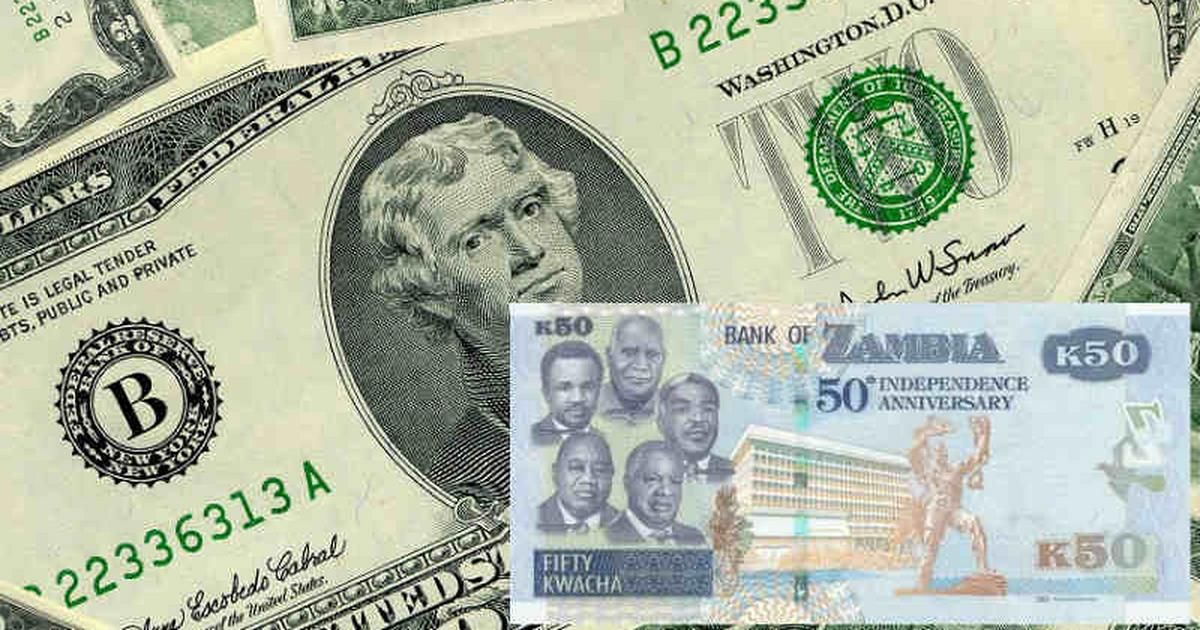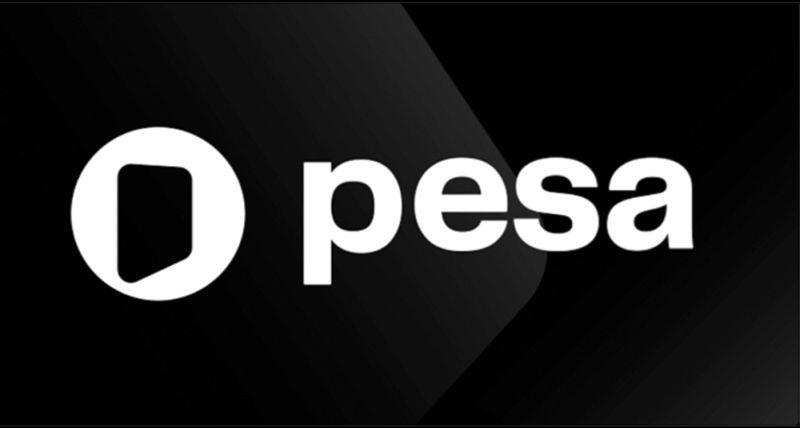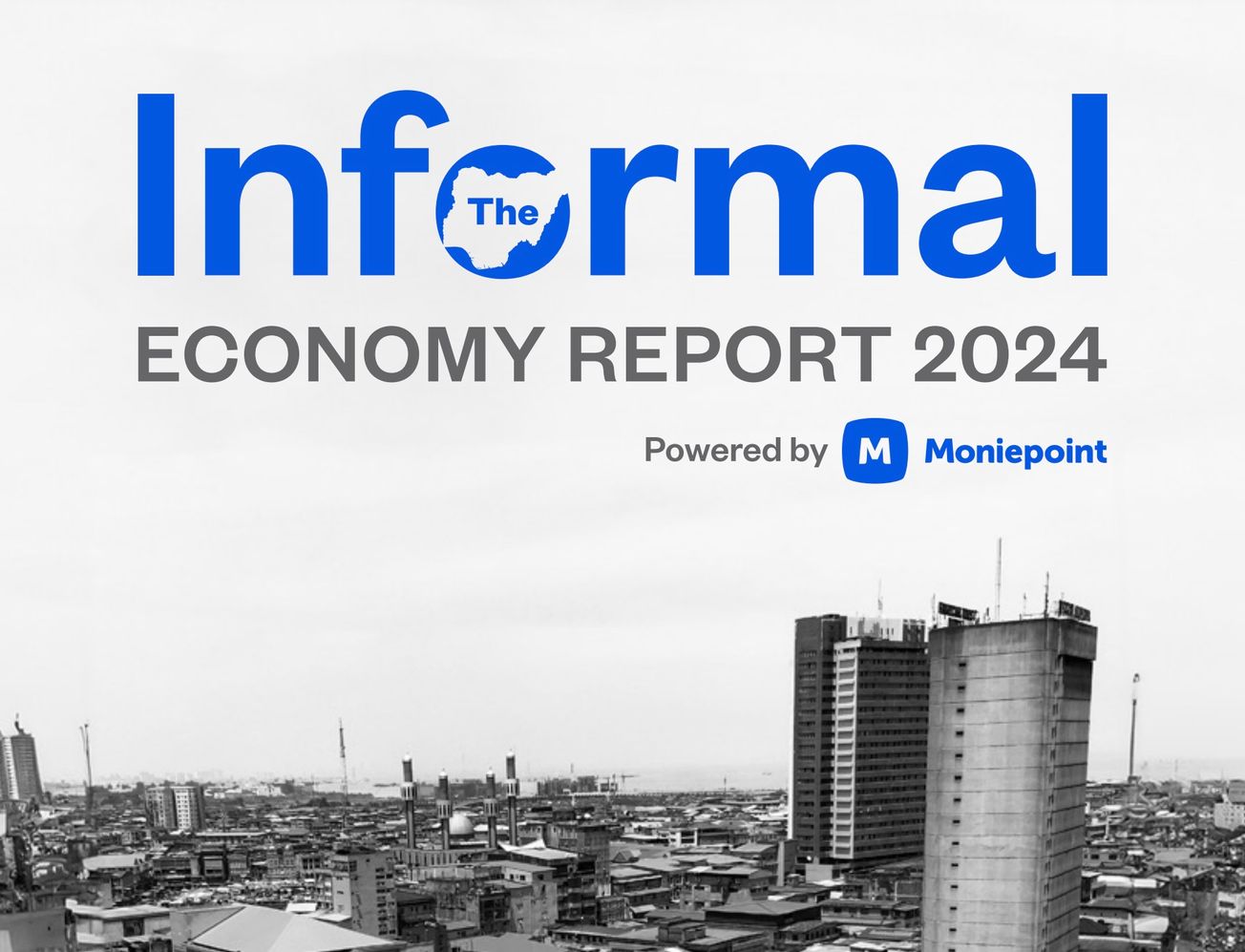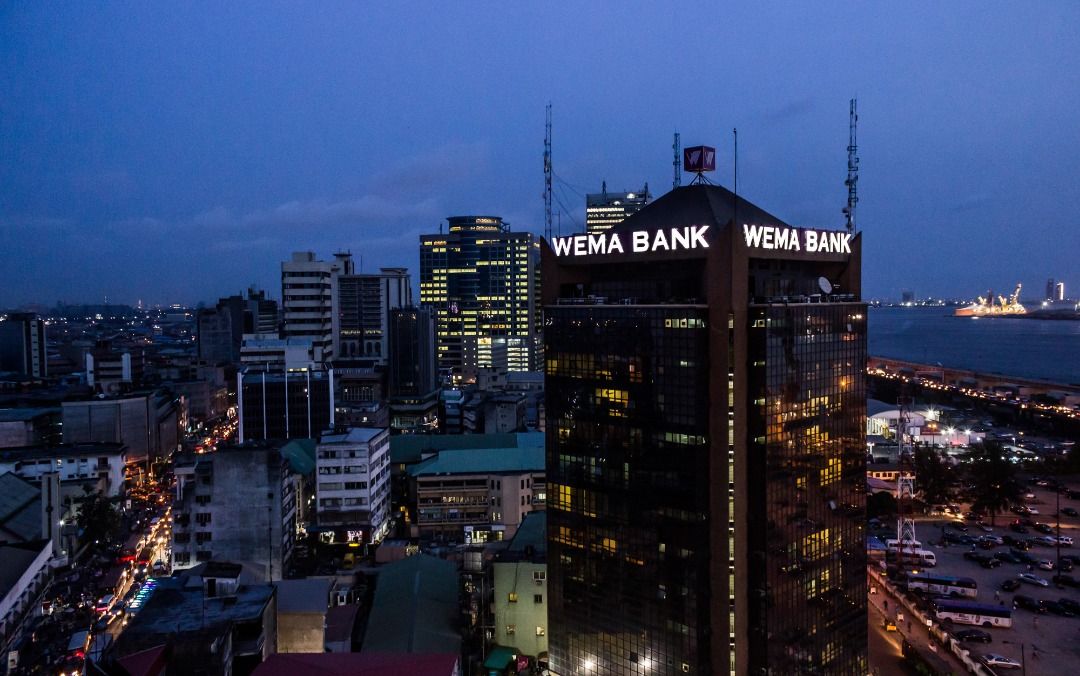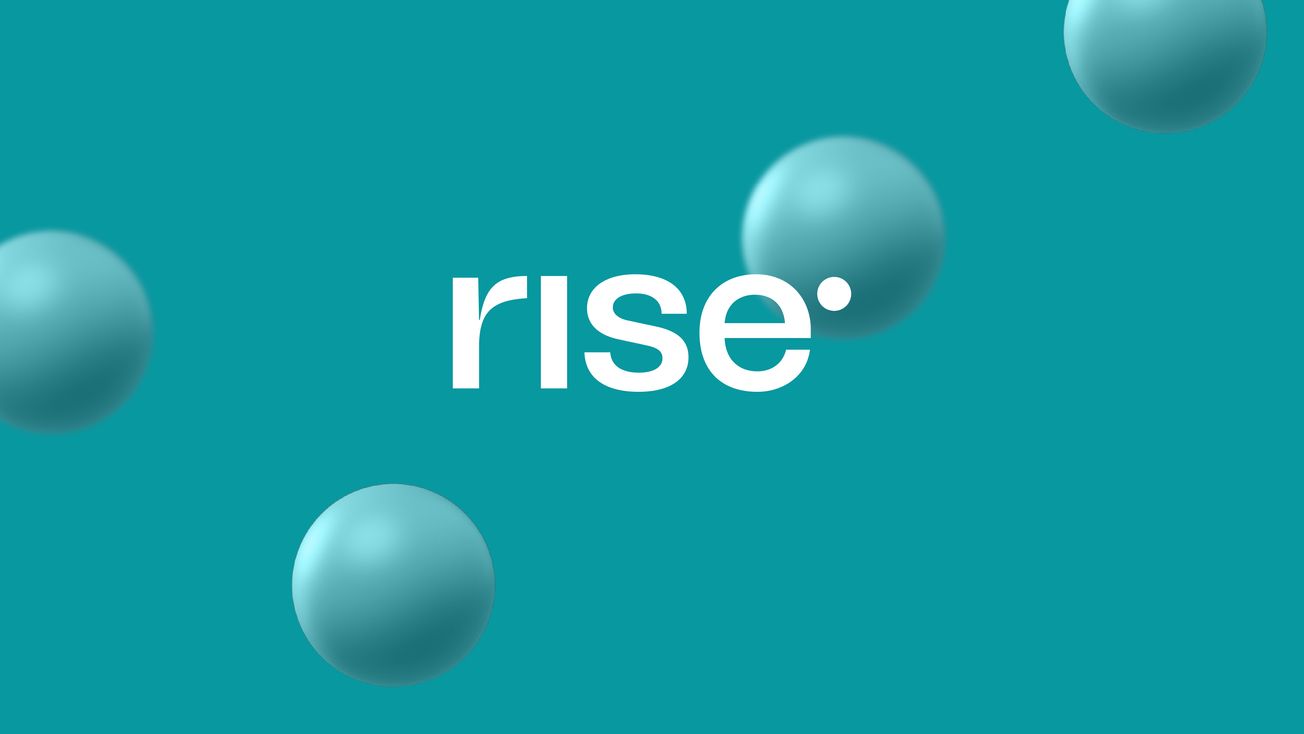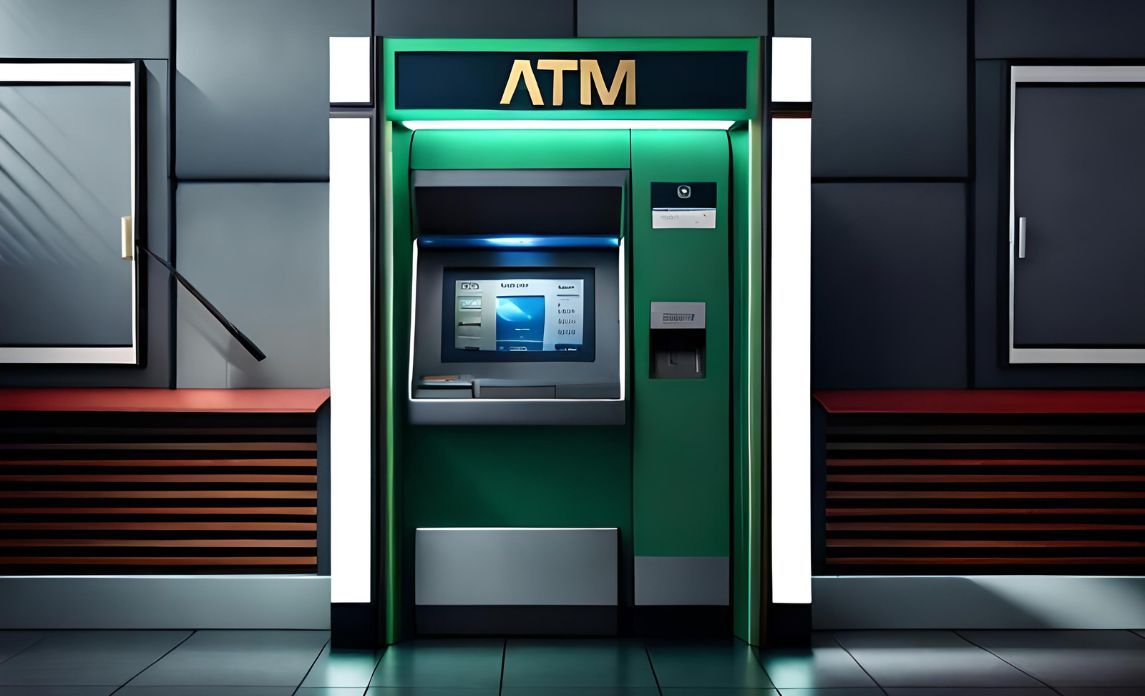There is no doubt that digital payment is making waves in Africa. However, data on the most preferred means of payment suggests that cash is still king. In South Africa, despite the majority of its population having access to a bank account (8 out of 10), over 70% of all retail payment volumes and 89% of the country's transactions in its informal economy are still cash-based.
Ozow, a fintech startup that wants to help South Africans utilize their basic bank accounts for making payments, has closed a $48 million Series B. In terms of funding, the series B round means that the startup has received a total of $51 million in funding since its launch in 2014.
Why is this important?
Despite South Africa's impressive banked population, only 24% of them make more than three transactions monthly. The latest fundraise creates a massive opportunity for Ozow, which have an impressive track record.
Speaking of records, before Ozow's launch in 2014, EFTs represented about 4 per cent of the sales volume in e-commerce stores in South Africa. Since Ozow stepped into the market, this figure has improved to 30 per cent.
“When you looked at e-commerce, point of sale, e-billing or P2P payment seven years ago, it was always a fragmented market...What we wanted to address was a central platform that could basically provide solutions to e-commerce, point of sale, e-billing and peer to peer payment.” Founder and CEO Thomas Pays
Tencent was the lead investor in this round, contributing close to $20 million in this round. Other investors include Endeavor Catalyst and Endeavor Harvest Fund.
What next
Ozow plans to expand its team from 100 to 250, including hiring employees in its new European office. It also plans to use a portion of the funds for mergers and acquisitions and pan-African expansion to four countries in the next six months: Namibia, Ghana, Nigeria and Kenya.
South Africa in focus
GDP: $301.924 billion in 2020 compared to $351.432 billion in 2019
Population: 59,308,690 in 2020 compared to 58,588,267 in 2019
GDP per capita: $5,090 in 2020 compared to $6,001 in 2019


